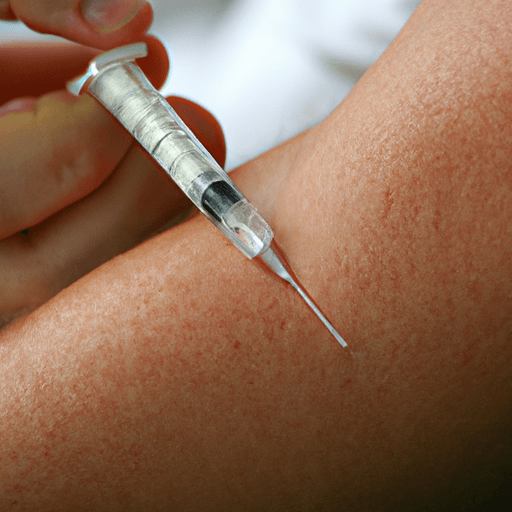The Use of Performance-Enhancing Drugs in Professional Sports
The use of performance-enhancing drugs (PEDs) in professional sports has been a controversial topic for decades. While many athletes are able to compete at the highest levels without the use of PEDs, some athletes choose to use them to gain an edge over their competition. In this article, we will explore the ethical and legal issues surrounding the use of PEDs, analyze the potential health risks and long-term effects of PED use, and discuss the strategies and regulations in place to combat the problem. We will also examine the public's opinion on the issue, as well as consider the potential for meaningful reform to be implemented in the future.
The Ethics and Legality of PED Use in Professional Sports
The use of PEDs in professional sports raises ethical and legal issues. From an ethical perspective, PED use can be seen as cheating, as it gives athletes an unfair advantage over their competition. From a legal perspective, PEDs are often banned substances, and the use of them can lead to disqualification, fines, and even criminal charges. As such, it is important for athletes to understand the ethical and legal implications of PED use before deciding whether or not to use them.
Potential Health Risks and Long-Term Effects of PED Use
While PEDs can provide athletes with a competitive edge, they can also be dangerous and have long-term health risks. The use of PEDs can increase the risk of health problems such as heart disease, stroke, and liver damage. In addition, PED use can also lead to hormonal imbalances, which can have lasting effects on physical and mental health. As such, athletes should be aware of the potential health risks and long-term effects of PEDs before deciding to use them.
Strategies and Regulations to Combat PED Use
In order to combat the use of PEDs in professional sports, a variety of strategies and regulations have been implemented. These include drug testing, education and awareness campaigns, and stricter punishments for athletes caught using PEDs. In addition, many sports organizations have implemented their own policies and regulations to combat PED use. For example, the World Anti-Doping Agency has implemented a comprehensive set of rules and regulations to help ensure a level playing field and prevent athletes from using PEDs.
Public Opinion on PED Use and Potential for Meaningful Reform
The public's opinion on the use of PEDs in professional sports is mixed. While some believe that PED use is unethical and should be banned, others argue that it is a necessary part of sports and that athletes should be allowed to use PEDs if they choose. Regardless of one's opinion on the issue, it is important to consider the potential for meaningful reform to be implemented in the future. This could include stricter regulations, more comprehensive education and awareness campaigns, and harsher punishments for athletes caught using PEDs.
In conclusion, the use of performance-enhancing drugs in professional sports is a contentious issue. It is important for athletes to understand the ethical and legal implications of PED use, as well as the potential health risks and long-term effects. A variety of strategies and regulations have been implemented in order to combat the problem, and the public's opinion on the issue is mixed. Ultimately, it is up to athletes and sports organizations to decide how to best address the issue, and meaningful reform may be necessary in order to ensure a level playing field and protect athletes from the dangers of PED use.















Comments
Leave a Comment